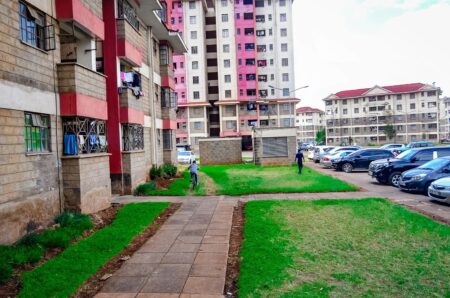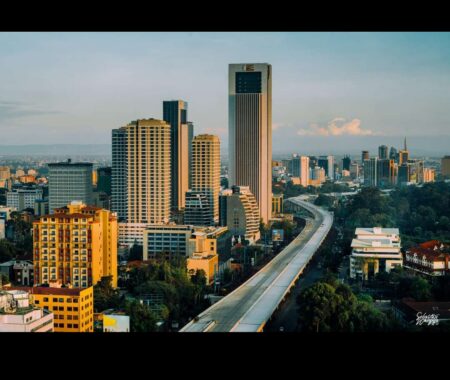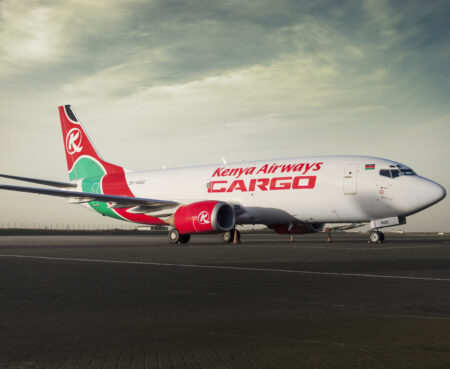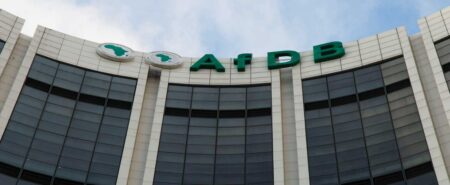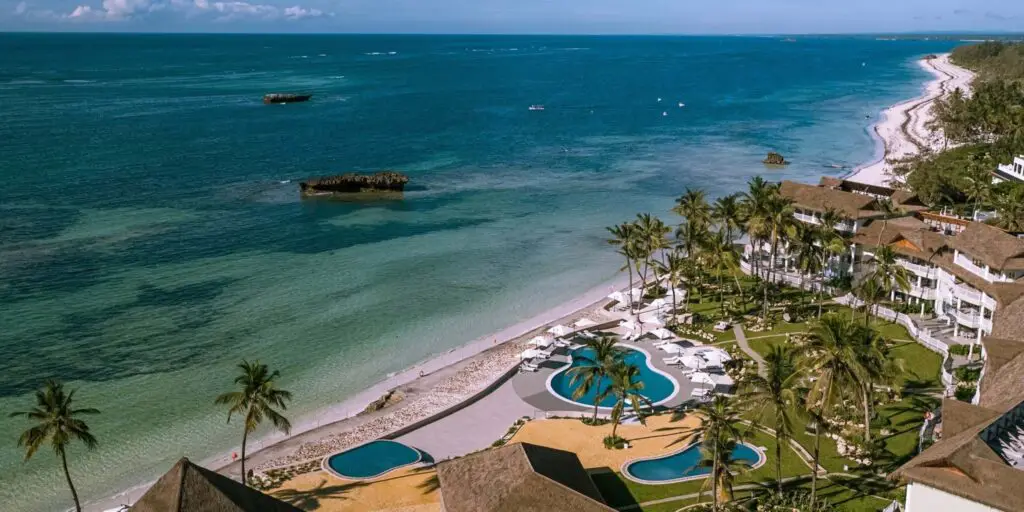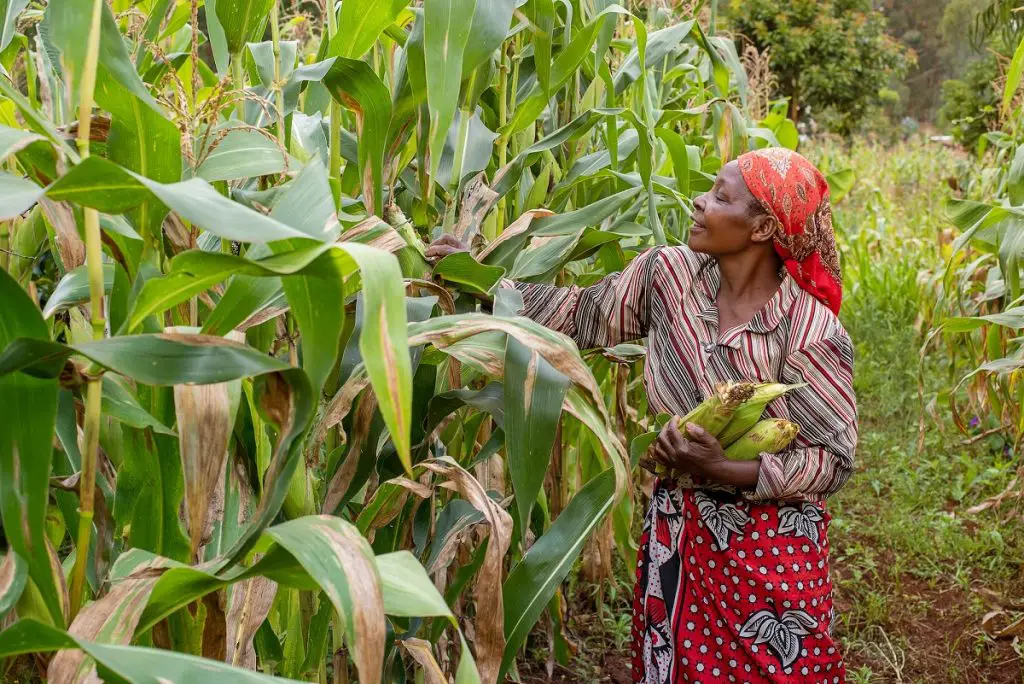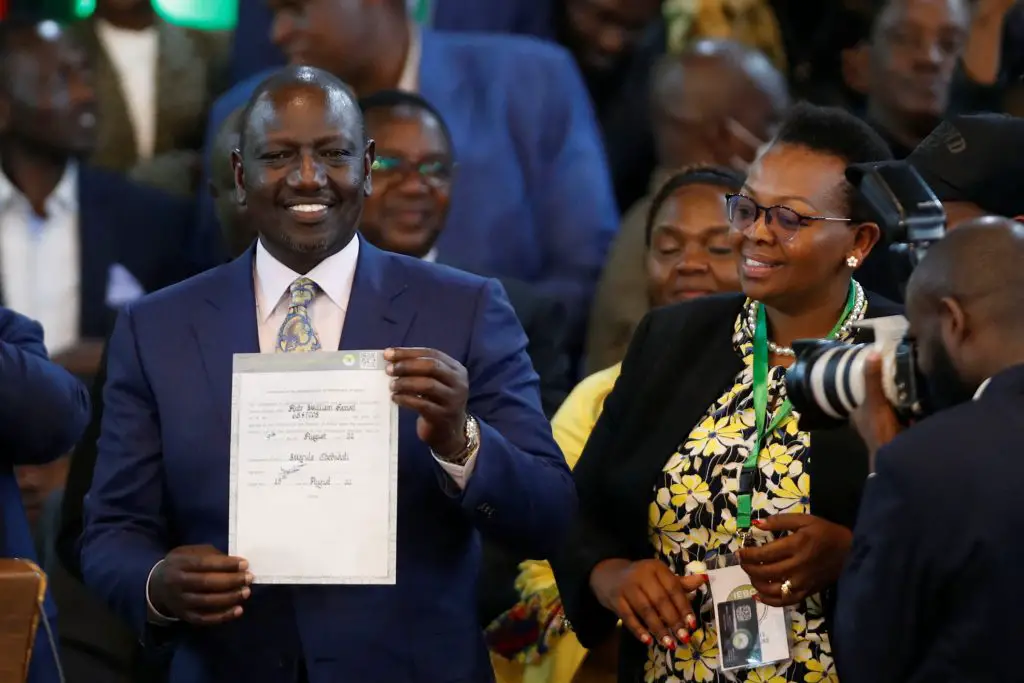- Africa’s new dawn: the rising role of digital and AI in agriculture
- Can Dangote Refinery Transform Africa Energy Ambition
- Gallup Survey: 80 per cent of Kenyan Workers Are Disengaged and Seek New Opportunities
- Madagascar Man Freed from 5KG Tumor After 15-Year Struggle
- How women in Africa are perceived and treated
- Sugar consumption in Kenya to Increase to 1.23 Million Tonnes
- Can Somalia and Turkey Oil deal Bring Change in Somaliland
- Remittances to Kenya dropped to $371.6 million in June, marking a six month low
Browsing: Nairobi
- In the past two years, short-term rentals in Nairobi have been the new trend.
- Hospitality has bounced back remarkably after the challenges posed by the COVID-19 pandemic, emerging as one of the best-performing asset classes in 2023.
- Trappler highlights that hospitality is a key economic driver, employment creator, and focal property type in regions throughout East Africa.
Hospitality has bounced back remarkably after the challenges posed by the COVID-19 pandemic, emerging as one of the best-performing asset classes in 2023. This resurgence is particularly notable in Nairobi, especially with the renewed demand for short-term rentals.
The strategic position of Kenya’s capital city serves as an East African hub for various industries, including corporate, government, MICE (Meetings, Incentives, Conferences, and Exhibitions), embassies, and tourism, which makes it an attractive destination for hospitality and residence brands.
The increasing and diversifying demand for accommodation creates meaningful opportunities for market expansion and business growth.…
- East African cities dominate the top five performing cities, including Kampala, Antananarivo, Mwanza, and Dar Es Salaam.
- While Sub-Saharan cities are expected to witness marginal gains in productivity compared to global counterparts
- Despite currently being the second-largest region by aggregate city GDP, the report forecasts that the South will be overtaken by the East African Cities by 2050.
East African cities are poised for strong economic growth between 2024 and 2050, outpacing other regions on the continent, an analysis by Oxford Economics has shown.
The report indicates that these cities will experience an average GDP growth rate of 3.5 per cent annually, primarily fueled by significant inflows of foreign direct investment and strategic initiatives the East African Community (EAC) implemented to bolster sectors such as business services and manufacturing.
In contrast, Southern African cities are anticipated to face the weakest outlook, with a projected GDP growth rate of 1.7 per …
- Kenya Airways Cargo introduced a pair of Boeing 737-800 converted freighters two months ago to expand its cargo capacity.
- Kenya Airways will also resume direct passenger flights between Nairobi and Mogadishu starting 15th February 2024.
- KQ already operates the passenger version of the 737-800.
Kenya Airways Cargo (KQ Cargo) has expanded its route network to include direct cargo flights between Sharjah in the United Arab Emirates (UAE) and Mogadishu in Somalia.
The new route will be served weekly, effective 09th February 2024, and is expected to grow to two (2) weekly frequencies in April 2024. KQ Cargo has partnered with GSA Global Cargo LLC, a global cargo sales and service agent based out of UAE, as the cargo logistics partner to service the route.
KQ Cargo recently increased its freight capacities with the entry into service of a B737-800F, which offers an extended range, connecting vital cargo hubs and opening …
- An ongoing diplomatic row in Addis Ababa has prompted the AfDB to withdraw its international expatriates from Ethiopia.
- At the same time, fears of a possible shift of the African Union’s (AU) headquarters from Addis Ababa to Nairobi have been voiced in response to the worsening political situation and growing violence in Ethiopia.
- The current scenario in Ethiopia presents significant obstacles for international organizations that operate within the country.
Circumstances surrounding the AfDB’s withdrawal from Ethiopia
A roiling diplomatic crisis pitting the African Development Bank (AfDB) against authorities in Addis Ababa—the seat of the African Union—has prompted the pan-African lender to relocate its international personnel from Ethiopia in a huff. This hasty decision announced on Wednesday comes months after Ethiopian security forces reportedly mistreated two AfDB staff members in Addis Ababa on October 31, 2023.
Under the direction of a newly designated Officer-in-Charge, the Bank’s Ethiopian office will continue to …
- Nairobi, Kenya, will be the site of the highly anticipated Annual Conference of the African Securities Exchanges Association (ASEA) from November 22nd to 24th, 2023.
- The African Securities Exchanges Association has played a pivotal role in moulding Africa’s financial scene.
- A partnership of financial firms, the African Securities Exchanges Association is a key player in Africa’s economic revival. Its ability to promote inclusive growth, knowledge sharing, and cooperation is crucial.
Nairobi, Kenya, will be the site of the highly anticipated Annual Conference of the African Securities Exchanges Association (ASEA) from November 22nd to 24th, 2023, drawing the attention of the financial community of Africa. Positioning for Growth: Unlocking Africa’s Stock Exchange Potential for Sustained Economic Development is more than simply a debate topic; it’s a rallying cry for an economic revolution that is about to happen on the African continent.
The African Securities Exchanges Conglomerate (ASEA) has played a pivotal …
International delegates have gathered in Nairobi, Kenya, hoping to make further progress towards a landmark treaty to address global plastic pollution. The meeting is happening at the UNEP headquarters as negotiators seek to solve the scourge of pollution resulting from more than 430 million metric tonnes of plastic waste produced annually.
More than 2,000 delegates have attended the global plastics summit. They include representatives from environmental organisations, the oil and gas industry, and civil society groups. The delegates in Nairobi will mull two options: a wide-ranging strategy targeting plastics production or a limited approach focussed on waste management.…
- Bangkok-based hotel chain Dusit International has announced plans to open a hotel-serviced apartment in Westlands Nairobi in 2023 dubbed ‘Dusit Princes Hotel Residences’
- The upper-middle class property will comprise a hybrid of 56 one-bedroom and 30 studio apartments and 14 deluxe hotel rooms
- The opening of ‘Dusit Princes Hotel Residences’ comes after the closure of ‘DusitD2 Nairobi’ in 2021, a luxury hotel branch of Dusit International which was located at 14 Riverside Complex in Westlands
Dusit International says it plans to open a hotel-serviced apartment in Westlands Nairobi in 2023 dubbed ‘Dusit Princes Hotel Residences’, along Mimosa Lane off Church Road.
The Bangkok-based Thai Hotel and property development company said the upper-middle-class property will consist of a hybrid of 56 one-bedroom and 30 studio apartments and 14 deluxe hotel rooms.
Other facilities at the property will include an Italian-inspired restaurant dubbed ‘The Olive Restaurant’, a rooftop bar dubbed ‘The Aviary …
Kenya has much of what it takes to become a globally competitive tourist destination. With its modern infrastructure, the country has the capacity to receive many more tourists. The favourable investment climate means any increase in demand would easily trigger new investments in accommodation, attractions, and tourist services.
Demand is, however, the most crucial factor here, and with the current visa regime, Kenya faces an unnecessary barrier that limits the growth potential of a key engine of the country’s economy.
An easing of visa policies could be implemented in a matter of days and would provide an immediate boost to Kenya’s tourism competitiveness. Bringing back visa-on-arrival would be a major improvement. Visa-free entry for citizens of the main source markets even more so.…
As far as where to put money is concerned, Kenya has numerous investment sectors with tremendous potential. The prospective stability and economic recovery expected under the new administration will no doubt make way for the realization of huge money investments in the countries.…
Ruto’s bottom-up economics plan, as described in his manifesto, appealed to the electorate all over the country. The high cost of living and the rising commodity prices have mainly caused despair and hopelessness among those at the bottom of the economic pyramid.
Ruto’s promises, if realised, might give significant relief from poverty and insecurity, notwithstanding the current catastrophic drought, weak institutions, and worldwide economic instability.
Ruto’s victory is thrilling for the most vulnerable members of Kenyan society. Still, if the incoming president fails to deliver on his campaign promises, political confidence will be difficult to regain, and social unrest will likely occur in the long term.…





